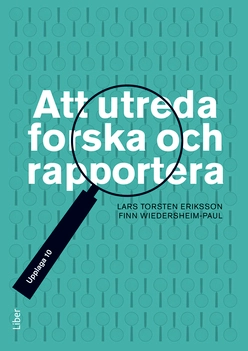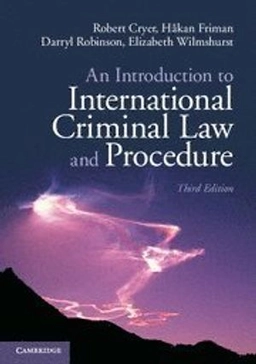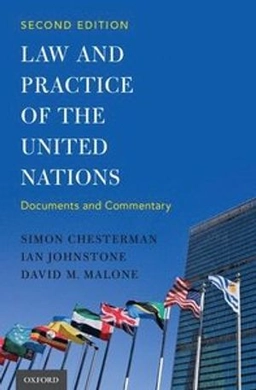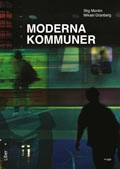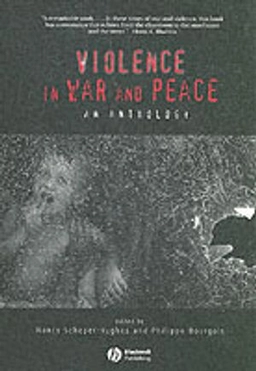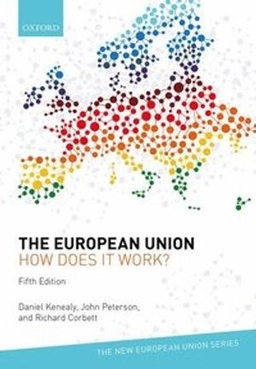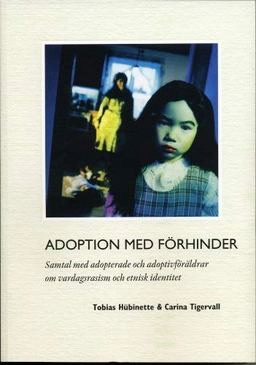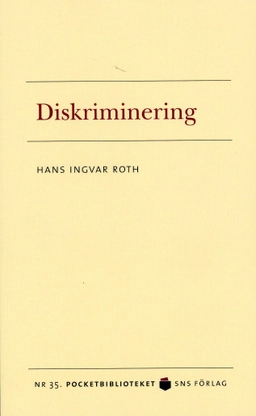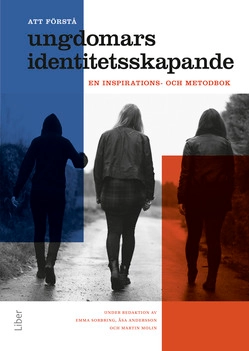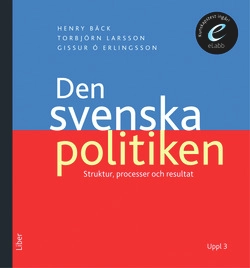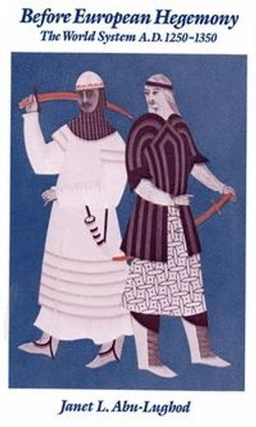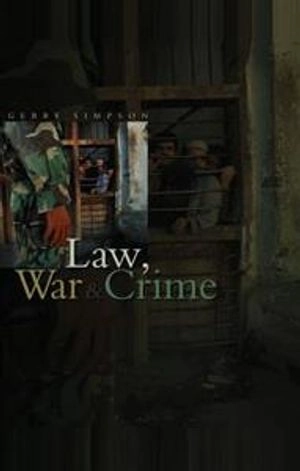

Law, War & Crime: War Crimes, Trials and the Reinvention of International LUpplaga 1
- Upplaga: 1a upplagan
- Utgiven: 2007
- ISBN: 9780745630236
- Sidor: 240 st
- Förlag: John Wiley & Sons
- Format: Häftad
- Språk: Engelska
Om boken
Åtkomstkoder och digitalt tilläggsmaterial garanteras inte med begagnade böcker
Mer om Law, War & Crime: War Crimes, Trials and the Reinvention of International L (2007)
I oktober 2007 släpptes boken Law, War & Crime: War Crimes, Trials and the Reinvention of International L skriven av Gerry J. Simpson. Det är den 1a upplagan av kursboken. Den är skriven på engelska och består av 240 sidor. Förlaget bakom boken är John Wiley & Sons som har sitt säte i Hoboken.
Köp boken Law, War & Crime: War Crimes, Trials and the Reinvention of International L på Studentapan och spara uppåt 18% jämfört med lägsta nypris hos bokhandeln.
Referera till Law, War & Crime: War Crimes, Trials and the Reinvention of International L (Upplaga 1)
Harvard
Oxford
APA
Vancouver

